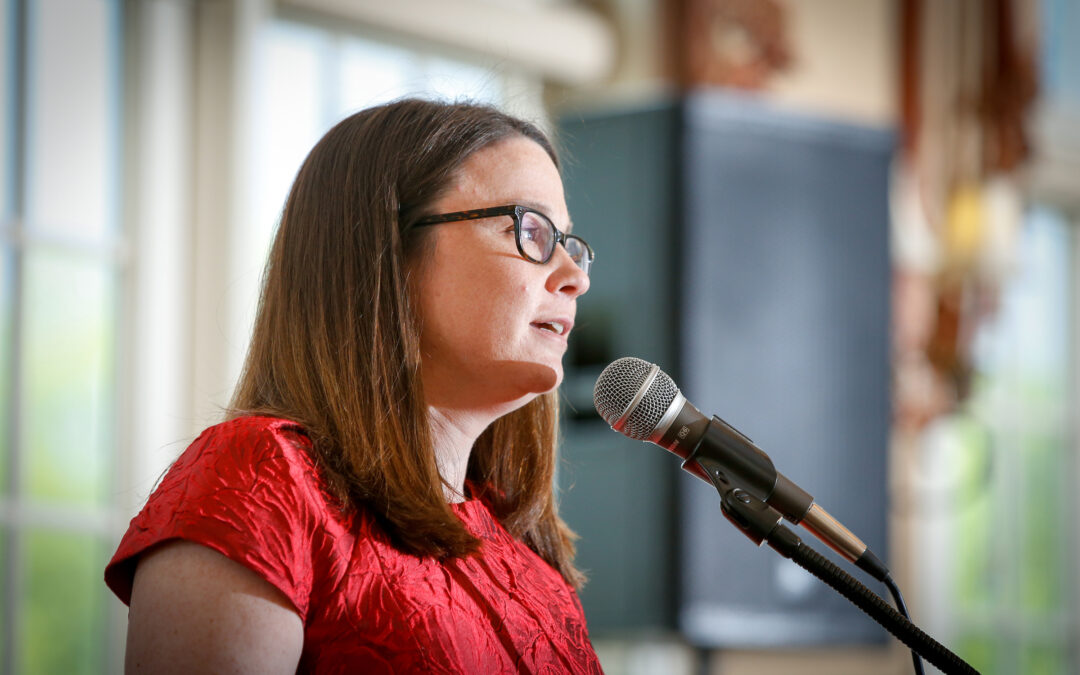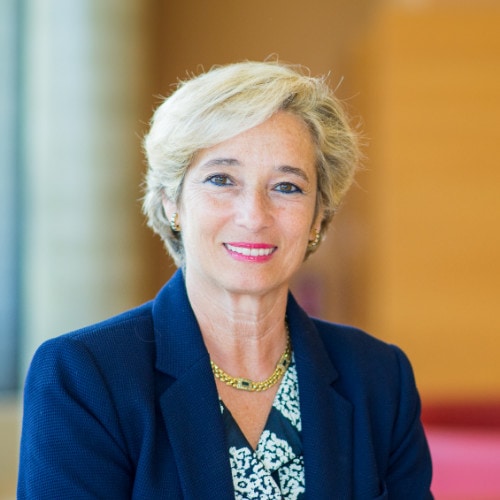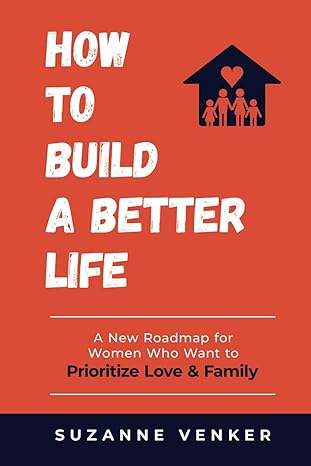
Women’s Golden Age
There is no doubt that progress is being made every year, but it is also true that the data reveal the urgency of continuing to insist on the benefits of incorporating women on boards of directors because diversity is synergistic. When committees are more diverse, they are more creative, they understand the market better and can respond better to challenges, which makes them more productive.
This can be seen in the VII Women in the IBEX-35 Councils Report, which this year is accompanied by the complete II Radiography “Female Presence in the Councils of the Continuous Market”. The report shows that, in 2018, the growth of the presence of women in the Ibex Councils has stagnated, we are in that 24%, with only 4 tenths of growth with respect to the previous year. On the other hand, the rest of the Continuo has advanced 3 points more than the previous year. Perhaps because it was the first time that we did the Study with Atrevia and the data came out of companies that did not have any directors.
Another noteworthy fact: in recent years 100 seats have been reduced in councils and, at the same time, 55 women have entered, which shows the effort being made by companies in this regard.
The CNMV calls for 30% women in councils by 2020. There is a year and a half left, which means that 27 women will sit on the IBEX-35 councils and 97 on the rest of the continuum. Is this feasible? Of course. Although they seem to be many, they don’t have to be 27 and 97, since there can be women in 1, 2, 3, and even 4 councils, as in the case of some men. If the 15 companies that do not have any are encouraged to incorporate one or two, there would already be 30. In this year and a half we can be thinking about giving visibility to those curricula of directors and counselors very prepared, and worth knowing. We have just finished the 13th edition of the Women in Councils Program at IESE, this year with 37 participants with great experience and potential, once again.
In my speech as Spain’s representative at CEDAW in 2012, I stated that in order to emerge from a liquid and fragile society and build a sustainable society and economy, 3 Fs were needed, three criteria to be taken into account in all political and business decisions:
1) Femininity: To open the feminine eye, after so many years closed, to focus more clearly on the problems and their resolution, knowing that we are different, complementary and synergic in our way of seeing reality and facing it.
2) Family: No one is an island in the ocean, we all coexist and owe each other, we are part of our family and lato senso we are part of the human family.
3) Flexibility: Every living being requires flexible treatment. It is necessary to direct people in time and space according to their changing needs in the different family and personal stages in which they find themselves.
In my entrance speech in the Royal Academy of Economic and Financial Sciences (RACEF) at the beginning of the year, I added to those 3 initial Fs another 2:
4) Fidelity to commitments: Fulfill the word given, being loyal to people.
5) Fraternity: To discover in the other one a brother, another me for whom I am responsible in the measure in which I can help his improvement, because there is a common father, a transcendent and integrating leader (in the family, in the company, in society…). The values of freedom and equality continue to be present and are vindicated in the West with even greater force since May 1968. On the contrary, the value of fraternity is still pending, sometimes watered down under the term “solidarity”. The causes of underdevelopment lie above all in the lack of fraternity. “Globalization, today, has made us closer, but not more human,” as Francis has been repeating.
Recently, in the IESE Alumni continuity session “Women empowerment in the business agenda: how to attract and retain female talent”, we recalled that the United Nations Sustainable Development Goal 5 for 2030 aims to achieve equal opportunities between men and women. The incorporation of women into the world of work and globalization present new challenges to companies, which are developing (with unequal success) plans to attract female talent, so that women are committed to the business project. The demand for women’s rights is very present today – and it must be – because we are talking about half of humanity. But it does not help to mix this demand with ideological allusions, as if these were the only legitimate ones.
The most powerful way we have to achieve the necessary improvements is to continue working, and not in any way, but to work to get to the root of the conflict, to diagnose with knowledge of the cause where its origin lies and to be able to design a roadmap that allows us to solve it from the hands of men. In this sense, strikes and demonstrations only take us away from the real improvements on which we should concentrate: discovering the real wage gap based on sex, both in salaries and in pensions, and improving the business culture towards real equality of opportunities.
The continuous and integral formation of men and women is what really helps to overcome the different glass and cement ceilings. It is the hour of the leader-coach, as we have explained in “Integrating life: Successfully leading the professional and personal trajectory in a global world” (Practicum of “Masters of our destiny”).
This should be the Golden Age for women and then for society as a whole. Never before have we had so many resources and so much training to be able to carry out the necessary changes for a balanced, sustainable and feminine progress. Of course, hand in hand with men.
Nuria Chinchilla is a Professor in the Department of People Management in Organizations, holder of the Carmina Roca and Rafael Pich-Aguilera Women and Leadership Chairs and founder of the International Center for Work and Family. A graduate in Economics and Law, she holds a Ph.D. in Business Administration from IESE. Her areas of specialization include women and power, management skills in family-responsible organizations, time and career management, interpersonal conflicts and non-profit organizations. In 1984, he began working as a full-time faculty member at IESE. The views expressed in this paper are solely the author’s.
Translated with www.DeepL.com/Translator from Spanish







Commentaires récents